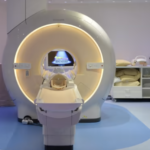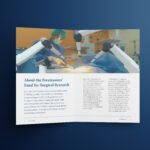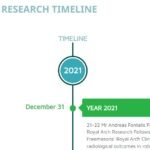The Fellows of the College are some of the brightest and best surgeons in the land and the funding enables them to spend a year working on innovative treatments for medical conditions which affect us all. The fellows who are to be supported are selected by the Fund’s Trustees in discussion with the President and other senior members of the College. Brief descriptions of research by the recent Fellows are as follows:-
Pancreatic and biliary-tract cancers are lethal, as many patients present too late for surgery. Cancer-cells release small ‘particles’ called extracellular-vesicles (EV) into their surroundings, which play a big role in protecting and transmitting tiny signals that regulate cancer genes, called microRNAs.
There are significant limitations to current diagnostics, as lesions may not appear as a discrete mass on imaging, and biliary-brush cytology and/or endoscopic biopsies are often insensitive at detecting cancer, therefore requiring multiple procedures to obtain a final diagnosis.
We aim to investigate EV-microRNAs as clinically-useful biomarkers in the blood and liver-bile, for patients first presenting with jaundice (yellow-skin), and undergoing endoscopy to relieve the bile- duct blockage possibly due to a tumour. New biomarkers will hopefully improve the speed and accuracy of cancer-diagnosis, enhance clinical decision-making, and allow more personalised treatment strategies.
New biomarkers will hopefully improve the speed and accuracy of cancer-diagnosis, enhance clinical decision-making, and allow more personalised treatment strategies. Biomarkers are already in use as part of cancer diagnosis and the use of machinery to detect RNAs in blood is common within hospitals. A microRNA marker in either bile or blood could be rapidly deployed as part of the cancer pathway within years if a promising candidate is found.
Daniel Liu, Imperial College London – Grand Lodge
Investigating Biomarkers in Pancreaticobiliary Cancers
Hannah Javanmard-Emamghissi, University of Nottingham – Royal Arch
Understanding the problem of frailty in the emergency surgical patient
The Emergency Laparotomy and Frailty (ELF) study showed that frailty is present in 20% of over 65s, and yet nearly half of emergency surgeries are performed on this age group. Frailty is associated with higher risk of surgical complications, long hospital stays, increased care on discharge and death, independent of age.
This project will collect data on elderly who have an acute abdominal pathology treatable by surgery (emergency laparotomy), where the decision is made not to proceed with surgery. Part of the data collection aims to capture the decision-making process behind the decision not to undergo surgery.
Frailty is an important predictor in adverse outcomes in surgical patients but there is limited study on the outcomes of patients who do not undergo surgery.
Our goal is to explore the difference in outcomes between frail patients who have operations and those who are managed non-operatively in order to provide individually tailored information to patients and their relatives leading to improved shared decision-making in emergency situations, whilst also presenting evidence for clinicians to make treatment decisions for the individual patient.
Samuel Chan, The Institute of Cancer Research at the Royal Marsden – Grand Lodge
London Liquid biopsy in thyroid cancer
The number of new thyroid cancer cases in the UK is increasing at a rate faster than any other type of cancer.
Surgeons and oncologists have increasingly recognised the need for reliable molecular assessments of thyroid tumours to supplement existing radiological and histopathological methods guiding treatment and prognosis. This is particularly necessary in thyroid cancer due to the known limitations in cytology and histological diagnosis. The aim is for truly personalised treatment of patients according to their cancer aggressiveness and prognosis.
Our research would be the first steps in creating a simple, patient-specific blood test that can be taken in the community – a ‘liquid biopsy’. This reduces patients’ clinic appointments, saving them time, whilst still providing reassurance that there is no evidence of recurrent cancer at unprecedented sensitivity. This represents a cost-effective and minimally invasive method of monitoring for residual or recurrent disease. These techniques and knowledge will revolutionise the way in which thyroid cancer patients are managed both in the peri-operative and follow-up phases of their treatment.
Our research is a pilot study, the data of which will feed into a NCRI funded national randomised controlled trial set to commence next year. The patient numbers projected for this national trial, and associated industry collaborations has the potential to streamline this technology to be available for current patients within the next 5 years.
Klaire Exarchou, MRCS, Henry Wellcome Laboratory, Liverpool – Royal Arch
Understanding the development of gastric cancer
Gastric cancer is the second cause of cancer related deaths worldwide and usually develops in patients who have had precancerous changes in their stomachs for many years before the cancer forms. This condition, called atrophic gastritis, can result from infection or autoimmune disease.
We will use exciting new experimental techniques to grow stomach cells obtained from patients who have atrophic gastritis in the laboratory. We will then test how gastrin (a stomach hormone which is present in higher than normal amounts in patients with atrophic gastritis) affects the growth and behaviour of these cells. Precancerous changes can exist for a number of years and by dissecting the process we can identify points of intervention and treatment. These points could be targeted in clinical trials in the future for the development of personalised medicine or used in screening programmes for early detection of gastric cancer.



